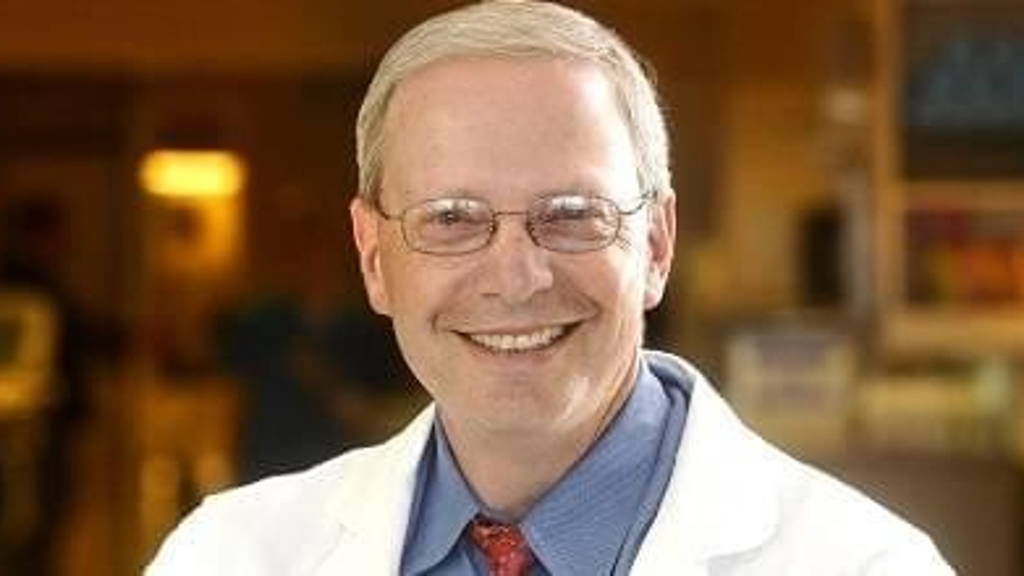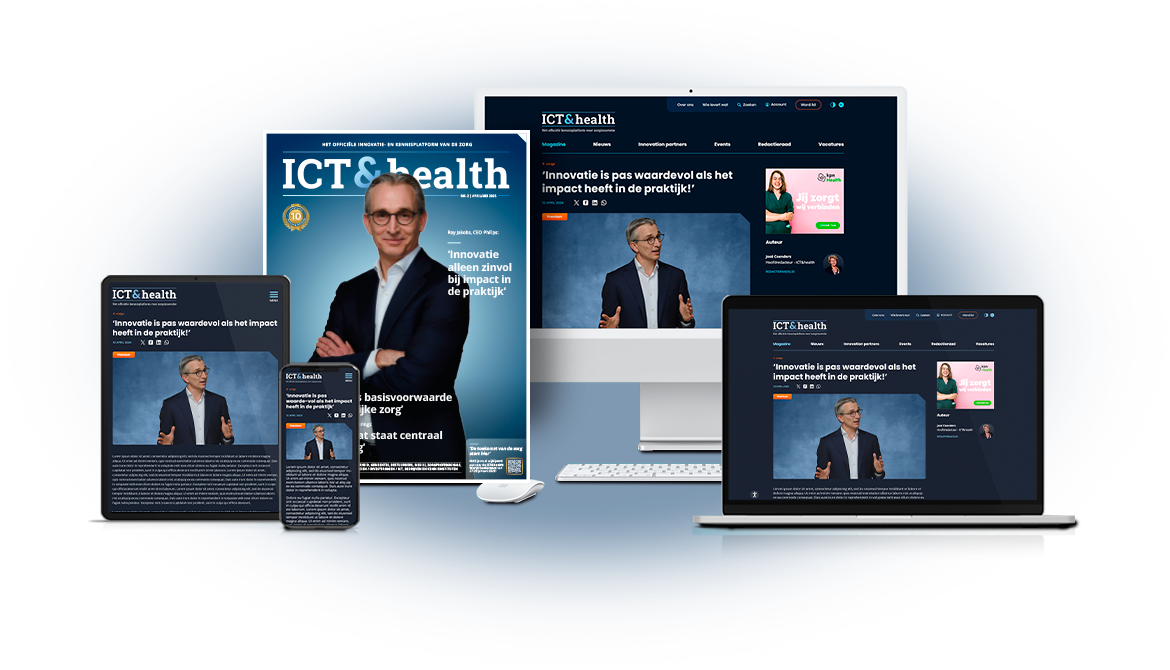BOB WACHTER: In the future, televisits and technology-enabled home care will replace many of today’s hospitalizations and ER visits.
The asthma patient will be prompted to answer a few questions (“Good morning. How is your breathing? Did you wheeze overnight?”) on her computer each morning. The heart-failure patient will have his hydration and vital signs monitored through sensors in a watch or stuck to the skin. The diabetic or liver disease patient who needs periodic blood testing will be able to prick a finger at home (assuming that the test still requires a drop of blood; sophisticated skin sensors will replace many of today’s blood tests). The specimen will be instantly processed through a smartphone attachment, and the result will be automatically entered into the patient’s electronic record. While acquiring all of this data will represent progress, the more important advance will be the creation of a system for making sense of it all—one that doesn’t depend on a primary-care doctor reviewing boatloads of information. A new kind of integrator—a company that can tap into and make sense of all the relevant information—will be tasked to turn the data into useful intelligence. Its human companion will be a new health professional whose job will be to understand the data, put it in context, and act on it. This person might be known as a “case manager” or a “health coach,” though the roles will be more advanced and data-driven than the current versions of these jobs. The work of these individuals will be overseen by a physician, who will spend a significant amount of his or her time in this supervisory role, rather than in direct care. Patients with multiple chronic illnesses being managed at home will receive some instructions directly from the software (to the patient with liver disease and swelling, “Please cut down on your salt; your weight is up 2 pounds”), sometimes from the case manager or coach, and, when needed, sometimes from the doctor via a tele- or in-person visit.Since none of this will alter the human condition—most people who are asked to cut down on salt or fat will fail to do so, whether they are commanded by their spouse or their smartphone—the algorithms will escalate the prompts over time. They will learn what behavioral prompts work for each patient (or, in that Amazon-like way, “for patients like you”). I’ll leave it to your imagination to decide whether, in the case of the defiant patient, the computer system will ultimately be granted the authority to lock down the salt shaker or the cookie jar. There is no doubt, however, that the “Internet of Things” will give the system the wherewithal to do so, as well as the capacity to offer rewards, of a sort, for good work.
When the patient needs to visit the doctor, the visit will feel very different from today’s often-unsatisfying experience, one so often marred by the physician’s need to feed the technology rather than concentrate on the patient. The doctor will sit facing the patient, listening intently. As the physician and patient talk, their words will appear on a monitor through a sophisticated voice recognition program. The encounter will be captured on video so that the patient and family can review it later.
For clinic patients—ranging from the elderly person with multiple chronic illnesses to the otherwise healthy person with a single problem—treatments will be far more customized than they are today. In the case of the 54-year-old man with high blood pressure, the target will no longer be a fixed number, like today’s 140/90. Rather, the system will determine each patient’s optimal blood pressure value, based on an analysis of risk factors, genes, and the continuing monitoring of thousands of patients with similar risk profiles. The same will be true of cholesterol, glucose and even cancer screening. The promise of personalized medicine will become a reality.
Dr. Robert M. Wachter (@Bob_Wachter) is professor and associate chairman of the department of medicine at the University of California, San Francisco. He blogs at www.wachtersworld.org. He is the author of the book, “The Digital Doctor: Hope, Hype, and Harm at the Dawn of Medicine’s Computer Age.”
By: The Wallstreet Journal










